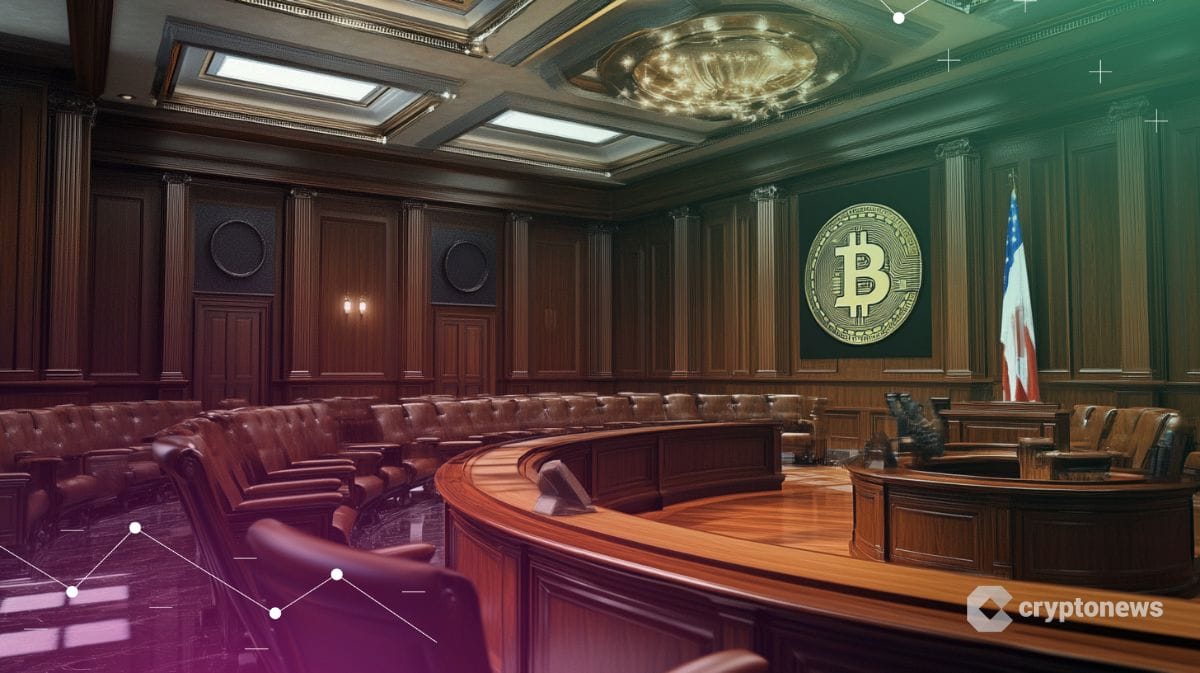Last updated:
 Why Trust Cryptonews
Why Trust Cryptonews

Texas lawmakers have reintroduced a bill aimed at establishing a state-run Bitcoin reserve, this time broadening its scope to include other digital assets that meet specific criteria.
The new legislation, Senate Bill 21 (SB 21), replaces a previous version and introduces more flexible investment strategies.
State Senator Charles Schwertner announced the bill’s refiling on February 12, emphasizing its potential to position Texas at the forefront of financial innovation.
“SB 21 would make our state the first to establish a Strategic Bitcoin Reserve and drive innovation, growth, and financial freedom,” he stated.
Lieutenant Governor Prioritizes Bitcoin Reserve Bill Among Senate’s Top 40 Measures
Schwertner also acknowledged Lieutenant Governor Dan Patrick for prioritizing the bill among the Senate’s top 40 legislative measures.
Satoshi Action Fund founder Dennis Porter confirmed the bill’s significance, stating on social media that he had received multiple assurances from the lieutenant governor’s office about its high priority.
The newly filed SB 21 builds upon SB 778, a similar bill introduced in mid-January, but includes key changes.
While SB 778 strictly limited Texas to acquiring and holding Bitcoin as a strategic asset, SB 21 expands the scope by allowing the state to actively buy, sell, and manage cryptocurrency investments.
One notable provision in SB 21 permits investments in additional digital assets, provided they have maintained a market capitalization of at least $500 billion for the past twelve months.
Currently, only Bitcoin meets this criterion, but the framework leaves room for future expansion should other cryptocurrencies reach this threshold.
Additionally, the revised bill shifts more decision-making power to financial experts rather than state legislators.
In contrast, SB 778 imposed stricter oversight and funding restrictions.
Riot Platforms Vice President of Research Pierre Rochard praised the changes, calling the new legislation “very bullish” and highlighting its removal of the previous $500 million annual buying cap, allowing the legislature to allocate funds at its discretion.
More U.S. States Propose Bitcoin Reserve Bills
Texas is one of 19 U.S. states with proposed cryptocurrency legislation.
Last week, Florida Republican Senator Joe Gruters introduced a bill proposing that the state allocate a portion of its funds to Bitcoin and other digital assets as a hedge against inflation.
Utah House Bill 230 recently cleared the state’s House of Representatives on February 6 and is now moving to the Senate.
Utah’s bill, introduced by Representative Jordan Teuscher, would allow the state treasurer to allocate up to 5% of public funds into Bitcoin, stablecoins, and other high-cap digital assets.
Arizona has also moved its respective bills beyond the House committee stage, while North Carolina recently introduced a measure to permit state investments in Bitcoin exchange-traded products.
Meanwhile, North Dakota opted against advancing a similar proposal.
In another positive development, US spot Bitcoin exchange-traded funds (ETFs) saw inflows totaling nearly $5 billion in January, a strong start that could push them toward $50 billion or more by the end of the year, according to Bitwise CIO Matt Hougan.


















